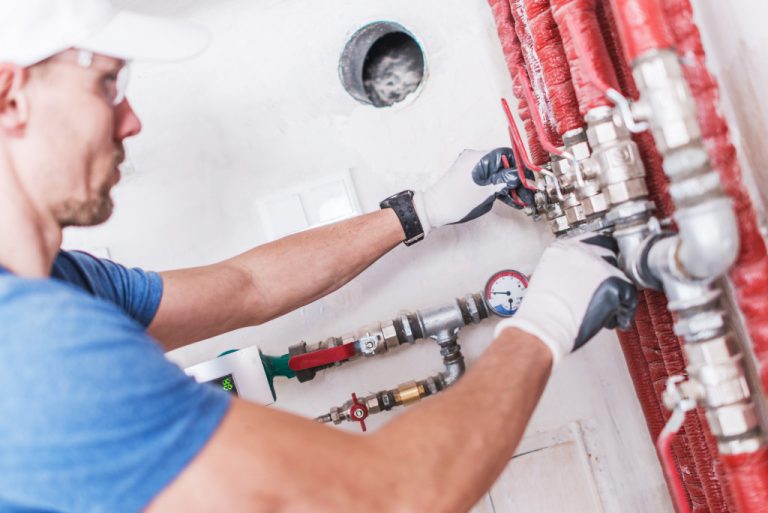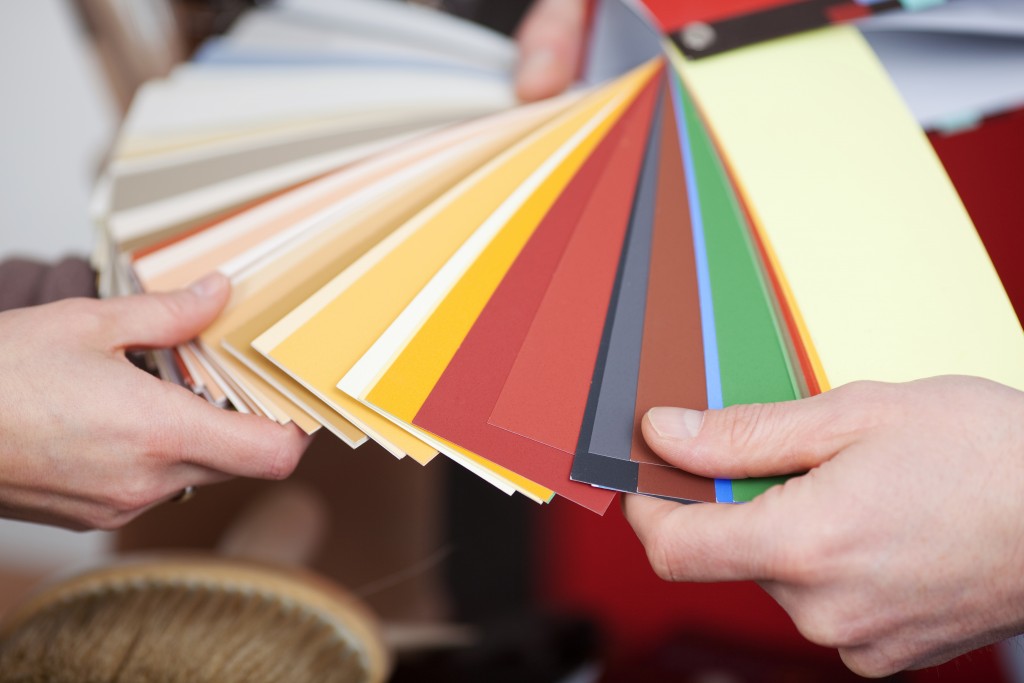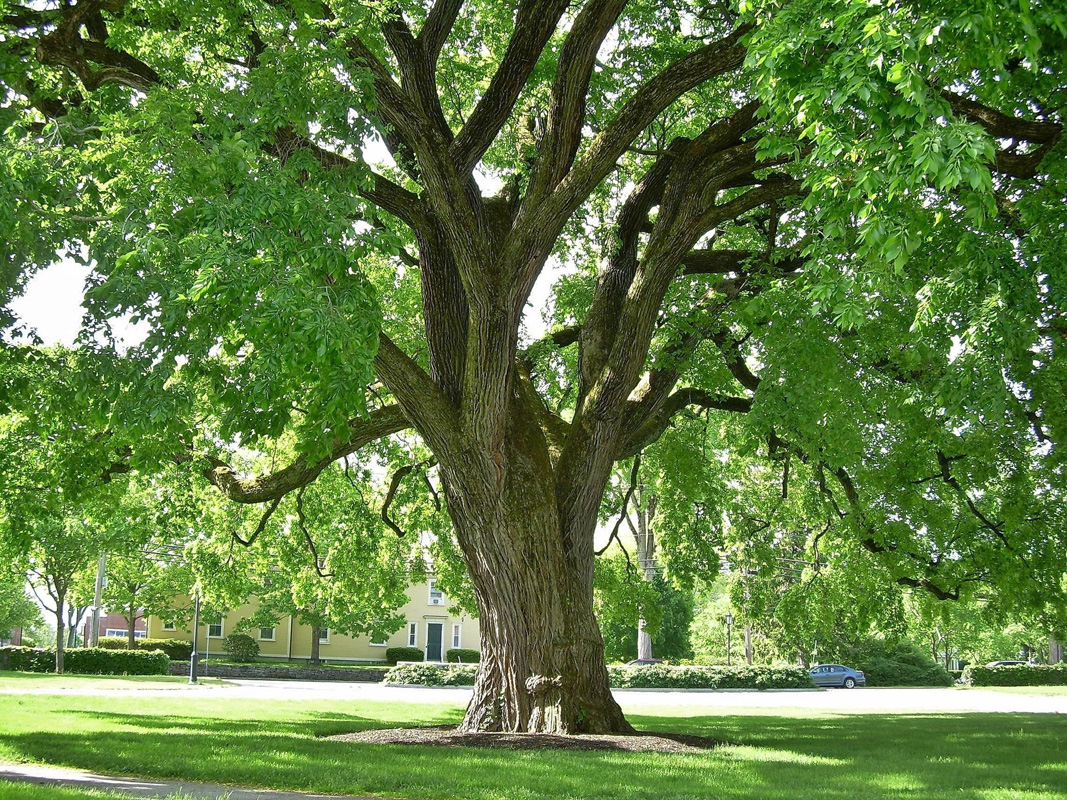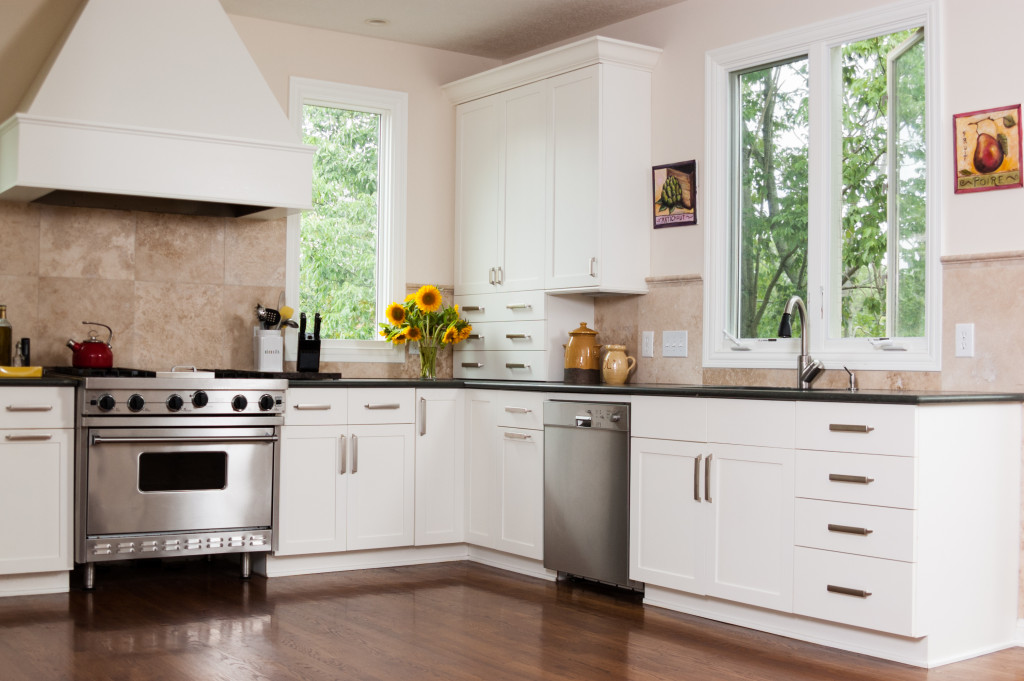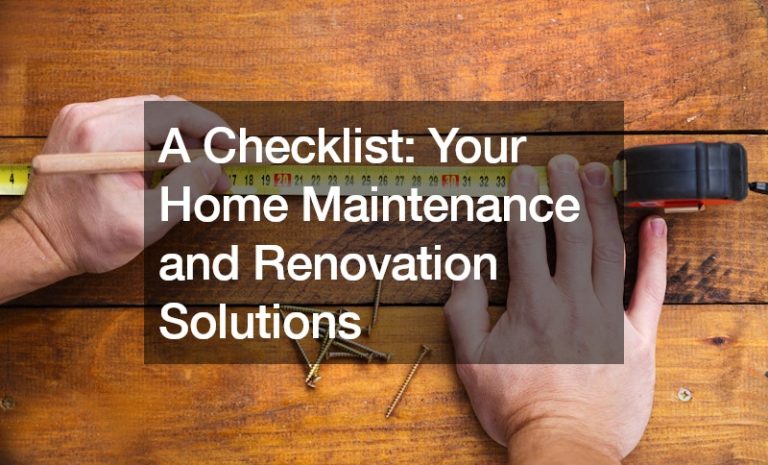Plumbing repairs are perhaps the most annoying maintenance tasks in the house. However, ignoring them can worsen the problem—as is the case for other household maintenance matters. With that in mind, it’s better to tackle that leaky faucet now than wait for the leak to get bigger. For many easy plumbing jobs, you can take matters into your own hands. But oftentimes, there is a fine line between plumbing fixes that you can DIY and the ones you should leave to a professional plumber.
So, which jobs can you tackle, and which jobs should you stay away from? Read on to find out.
Plumbing fixes that you can (probably) do on your own
Unclogging a drain
A clogged drain is one of the most common plumbing problems in a typical household. Luckily, you won’t have to call a plumber every time the kitchen sink or the bathtub refuses to drain properly. With a plunger, a drain snake, a drain cleaner, or a combination of these items, you can get rid of that pesky clog in no time.
Fixing a running toilet
If the toilet continues to run water even after flushing, you can probably fix the problem yourself in just a few minutes. Look in the water tank and try to see what the problem is. If the issue is a faulty overflow tube, reattach the fill tube, push it onto the valve, flush the toilet again, and ensure that the water stream goes down the toilet overflow tube.
On the other hand, if the issue is a bad flapper chain or flapper, readjust the chain or replace the flapper to ensure that the flapper opens and closes freely with each flush.
Repairing a water softener
Oftentimes, you can fix a faulty water softener by cleaning the resin bed, inspecting the brine tank for salt problems, and cleaning other key parts. If you are unsure of what to do, here are some easy solutions that can help you DIY your water softener problems.
Replacing water fixtures
Water fixtures usually come with installation instructions on the package. With a few simple tools and some elbow grease, you should be able to replace your water fixtures on your own. Just make sure to turn off the main water supply before doing so, and ensure that the new fixture is installed tightly before turning the water back on.
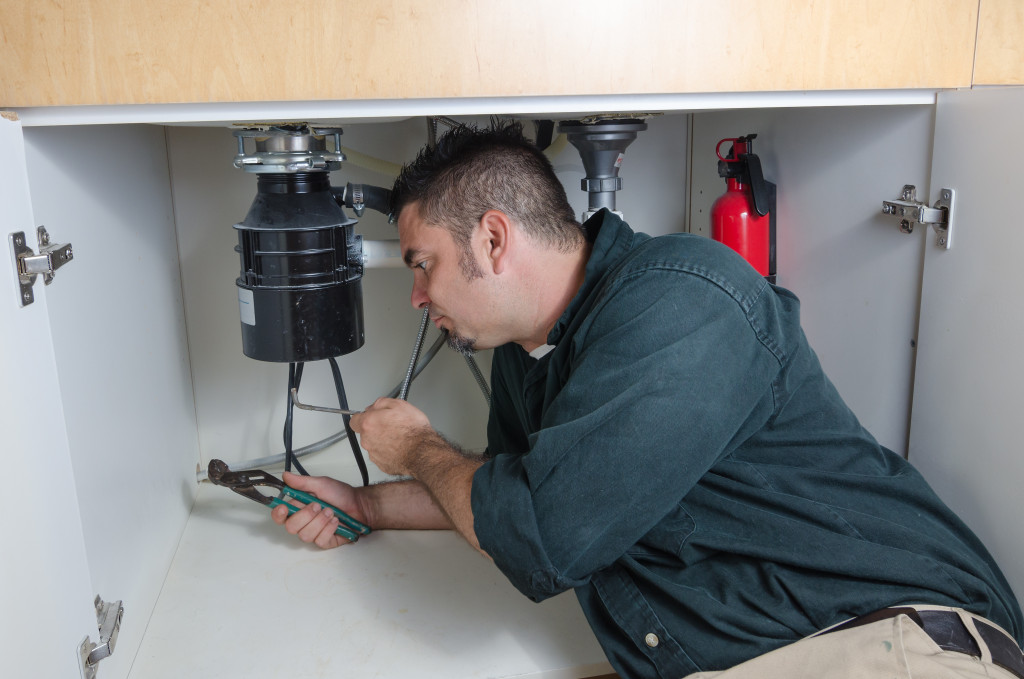
Plumbing fixes that you shouldn’t DIY
Repairing a gas fireplace
Although a gas fireplace might produce less debris than a wood-burning fireplace, it still needs proper servicing. Furthermore, gas lines must receive a routine inspection to ensure that there are no leaks. A plumber can help you with anything related to propane or gas. But if you want someone who specializes in gas fireplaces, consider hiring a professional service provider.
Fixing complicated clogs
If you attempt to fix a clog and fail, it is probably not a good sign to try harder. A clog that cannot be removed by an easy fix could mean a bigger issue within your pipes. In this case, it’s best to call a professional for help. Otherwise, you could accidentally cause a flood inside your home.
Finding the cause of standing water
Standing water in your basement, garage, or any other part of your house is usually a sign of a plumbing problem. To an untrained eye, it can be difficult to determine what’s causing it, making it impossible to find a solution. That said, call a plumber instead to quickly figure out what is the root cause (or root causes) of standing water in your home.
Installing plumbing appliances
While installing water fixtures may be easy enough for an average DIYer, installing plumbing appliances is a different story. First off, the process of installing new plumbing appliances can be dangerous. One wrong move and you could damage your plumbing system or cause an electrical short. Worse, you may accidentally break the appliance itself and have to pay for a new one on top of repairs.
With that in mind, you are better off calling a professional plumber to install or inspect your new appliances for you, especially if it is connected to both electricity and the plumbing system.
In any home maintenance task, avoid overestimating your skills as a DIYer. Unless you have the knowledge, training, and tools to get the job done right, leave it to the hands of a licensed professional. Doing so can help you avoid unnecessary expenses such as additional repairs, and more importantly, it can prevent you from going through hazardous situations yourself.

